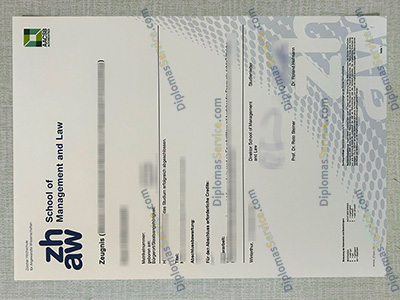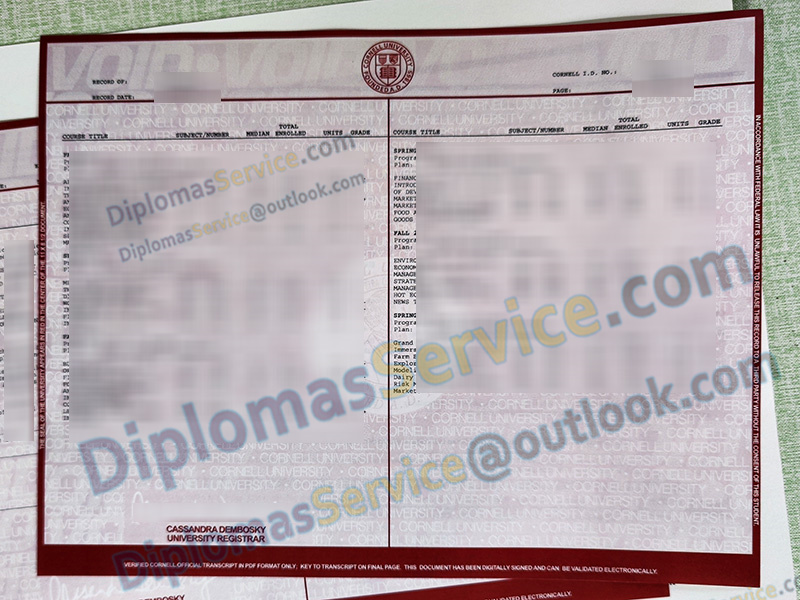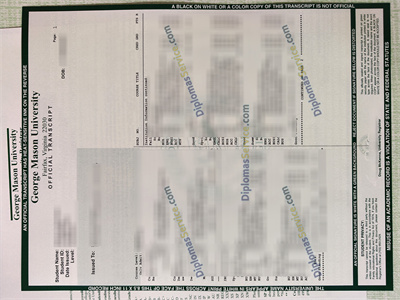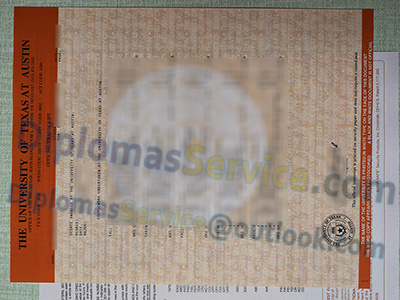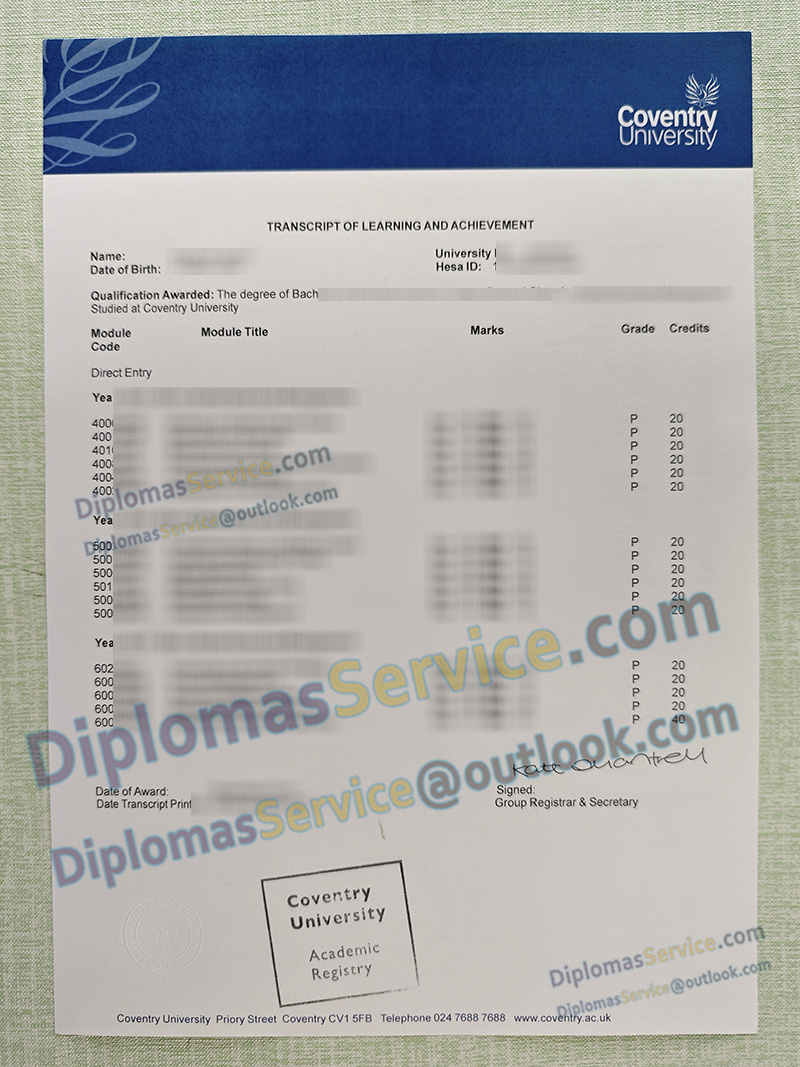
Coventry University stands as a dynamic and forward-thinking institution, firmly rooted in the heart of one of the UK’s most vibrant cities, make Coventry University transcript. From its origins as a College of Design in 1843, evolving through its polytechnic phase, it achieved university status in 1992. This rich history has bequeathed it a distinctive legacy: a commitment to practical education, industry relevance, and preparing students for the demands of the modern global workplace. Today, Coventry University is renowned for its innovative approach to teaching and learning, its state-of-the-art facilities, and its unwavering dedication to student success.
At the core of Coventry University’s philosophy is an emphasis on “career-ready” graduates. This is deeply embedded in the curriculum design and the very fabric of the student experience. The university boasts exceptional links with businesses and organisations across various sectors, both nationally and internationally. These partnerships translate into invaluable opportunities for students, including embedded work placements, industry-led projects, guest lectures from professionals, and real-world case studies. The career services team provides extensive support, from CV writing and interview practice to networking events, ensuring students are not only academically proficient but also equipped with the professional skills and confidence to secure meaningful employment. Their high graduate employability rates consistently underscore the effectiveness of this approach, order a transcript.
The university’s academic portfolio is diverse, spanning a wide array of disciplines across its faculties, including Arts & Humanities, Engineering, Environment & Computing, Health & Life Sciences, and Business & Law. While areas like automotive design, engineering, and health sciences have long been strongholds, Coventry has also gained significant recognition for its courses in computing, creative arts, and global business. Teaching methodologies are designed to be engaging and experiential, moving beyond traditional lectures to incorporate workshops, simulations, field trips, and collaborative projects. Investment in cutting-edge facilities, such as advanced engineering labs, broadcast-quality media studios, and simulation suites for health students, provides a hands-on learning environment that mirrors real-world professional settings.












